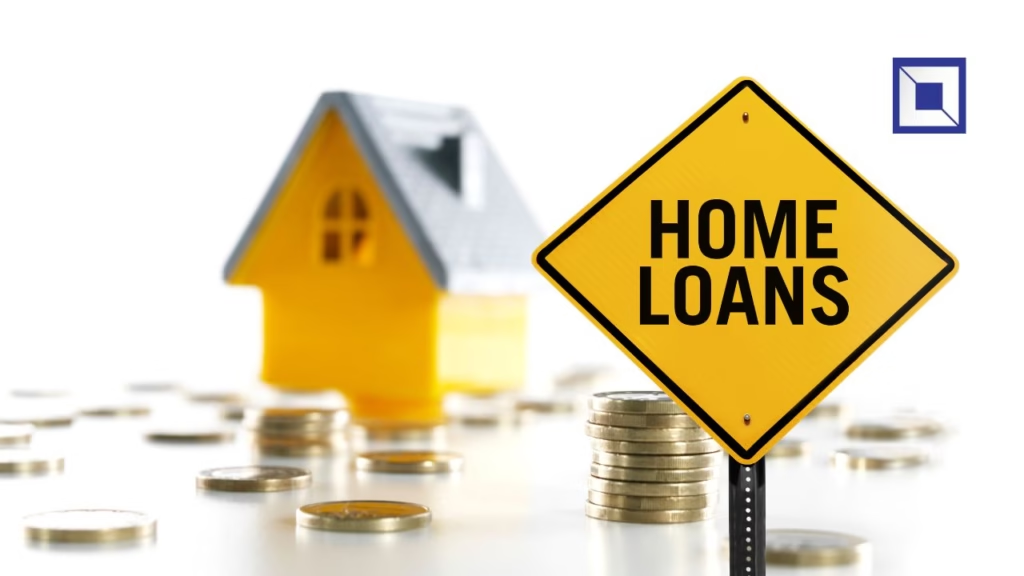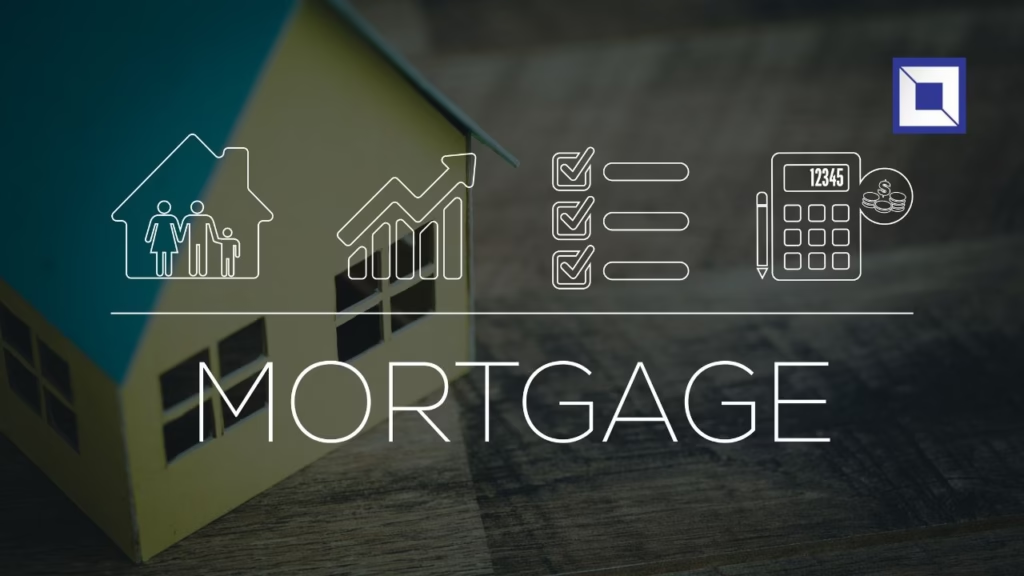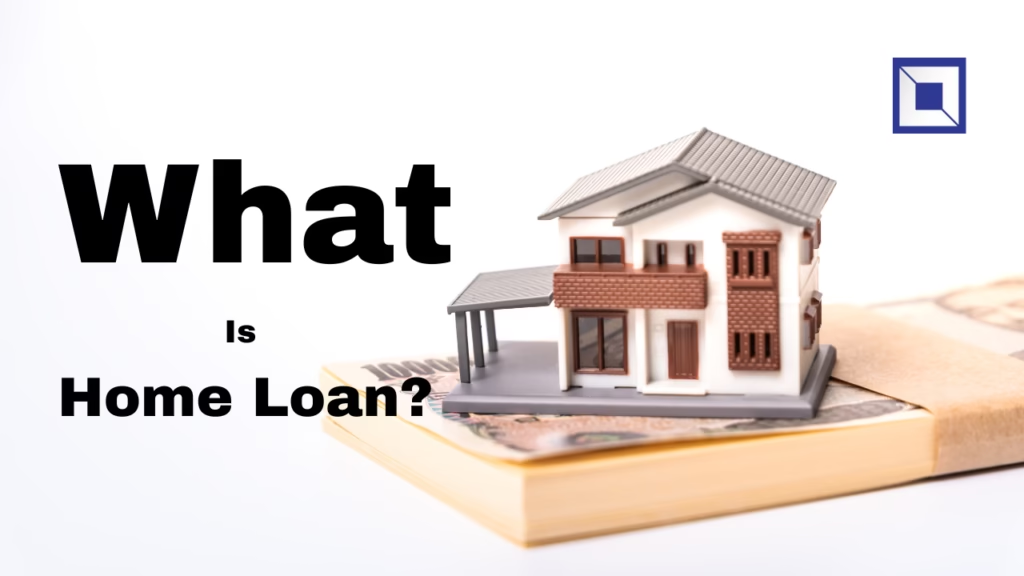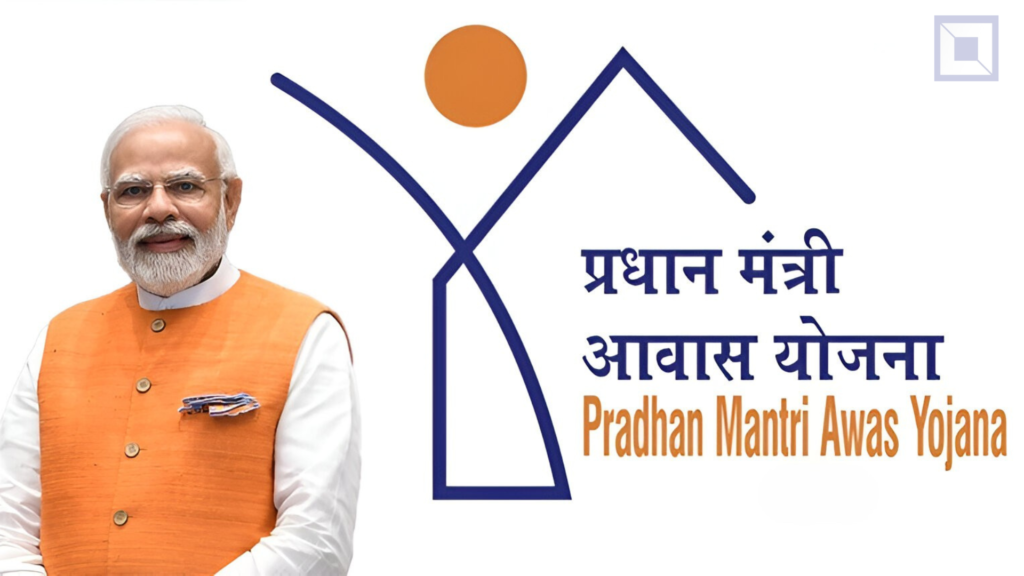What is a Home Loan? Your Complete Guide to Mortgage Financing in 2025
Are you dreaming of owning your first home but wondering how to finance it? A home loan might be the key to unlocking your homeownership dreams. In this comprehensive guide, we’ll explore everything you need to know about home loans, from basic definitions to advanced strategies that can save you thousands of dollars.

Understanding Home Loans: The Foundation of Homeownership
A home loan, also known as a mortgage, is a secured loan specifically designed to help individuals purchase residential properties. When you take out a home loan, the lender provides you with the funds needed to buy a house, and in return, you commit to repaying the loan amount along with interest over a fixed term, usually ranging from 15 to 30 years.
Key Components of a Home Loan
Principal Amount: The base loan value provided by the lender, which serves as the foundation for interest calculations. For example, if you’re buying a $300,000 home and making a $60,000 down payment, your principal would be $240,000.
Interest Rate: The annual cost of borrowing, expressed as a percentage of the principal. Rates may be fixed—unchanging for the loan duration—or variable, shifting in response to market indicators.
Loan Tenure: The repayment period, usually ranging from 10 to 30 years. Extending the loan duration lowers your monthly repayment burden, yet increases the cumulative interest paid across the full term.
Down Payment: The upfront payment you make, typically 10-20% of the property’s value. A substantial down payment lowers the amount you need to finance and may enhance your creditworthiness, potentially leading to lower interest rates.

Types of Home Loans: Finding Your Perfect Match
- Conventional Home Loans
These are traditional mortgages not backed by government agencies. They typically require higher credit scores (620+) and down payments but offer competitive interest rates for qualified borrowers. - FHA Loans (Federal Housing Administration)
Government-backed loans designed for first-time homebuyers and those with lower credit scores. FHA loans are designed for affordability, allowing down payments from 3.5% and accommodating credit scores of 580 or higher. - VA Loans (Veterans Affairs)
Exclusive to military veterans and active-duty service members, these loans offer incredible benefits including zero down payment requirements and no private mortgage insurance (PMI). - USDA Loans
Rural development loans for properties in eligible rural and suburban areas, offering zero down payment options for qualified borrowers in designated regions. - Jumbo Loans
For properties exceeding conventional loan limits (currently $766,550 in most areas for 2024), jumbo loans help finance luxury homes but require excellent credit and substantial down payments.
The Home Loan Application Process: Step-by-Step Journey
Step 1: Pre-Qualification Assessment
Before house hunting, get pre-qualified to understand your borrowing capacity. Lenders evaluate your income, credit score, debt-to-income ratio, and assets to determine your eligible loan amount.
Step 2: Documentation Gathering
Prepare essential documents including:
- Recent pay stubs and tax returns
- Bank statements and investment accounts
- Employment verification letters
- Credit reports and debt statements
Step 3: Property Selection and Offer
Once pre-approved, start shopping for your dream home within your budget range. Remember to factor in additional costs like property taxes, homeowners insurance, and maintenance expenses.
Step 4: Formal Loan Application
Submit your complete application with all supporting documents. The lender will order a professional property appraisal to ensure the home’s value matches the loan amount.
Step 5: Underwriting and Approval
An underwriter assesses your financial profile, validates all documentation, and determines whether the loan meets approval criteria. This process typically takes 30-45 days.

Factors Affecting Home Loan Eligibility
Credit Score Impact
Your credit score is crucial in determining loan approval and interest rates:
- Excellent (750+): Best rates and terms
- Good (700-749): Competitive rates
- Fair (650-699): Higher rates, possible approval
- Poor (Below 650): Limited options, higher costs
Debt-to-Income Ratio (DTI)
Lenders prefer DTI ratios below 43%. The ratio is determined by combining your estimated mortgage payment and existing monthly debts, then dividing the sum by your gross monthly income.
Employment History
Stable employment for at least two years demonstrates your ability to make consistent payments. Self-employed borrowers may need additional documentation.
Smart Strategies for Home Loan Success
- Improve Your Credit Score
- Pay all bills on time
- Reduce credit card balances
- Avoid opening new credit accounts
- Check credit reports for errors
- Save for a Larger Down Payment
While minimum down payments exist, larger down payments offer multiple benefits:
- Lower monthly payments
- Reduced interest costs
- No PMI requirements (20%+ down)
- Stronger negotiating position
- Shop Around for Rates
Compare mortgage proposals across various institutions—including traditional banks, member-based credit unions, and digital lending platforms—to secure optimal rates and terms. Even a 0.25% rate difference can save thousands over the loan lifetime. - Consider Points and Fees
Discount points involve paying a percentage of the loan amount at closing in exchange for a reduced interest rate, potentially saving money over time. One point typically costs 1% of the loan amount and reduces the rate by 0.25%.

Current Home Loan Trends and Market Insights
The 2025 housing market presents unique opportunities and challenges. With evolving interest rates and new lending technologies, staying informed about market conditions helps you make better decisions.
Digital mortgage platforms are streamlining the application process, reducing approval times from weeks to days. Alternative credit scoring methods now consider rent payments and utility bills, helping borrowers with limited credit history.
Avoiding Common Home Loan Mistakes
Mistake 1: Not Getting Pre-Approved
Pre-approval strengthens your offer and demonstrates serious buying intent to sellers.
Mistake 2: Ignoring Additional Costs
Budget for closing costs (2-5% of loan amount), property taxes, homeowners insurance, and potential PMI.
Mistake 3: Choosing Based on Monthly Payment Alone
Consider total interest costs over the loan lifetime, not just monthly affordability.
Interactive Elements: Test Your Knowledge
Quick Quiz: What’s your ideal loan type?
- First-time buyer with good credit → Consider FHA or Conventional
- Military veteran → Explore VA loans
- Rural property buyer → USDA loans might be perfect
- High-value property → Jumbo loans

Conclusion: Your Path to Homeownership
Understanding home loans empowers you to make informed decisions and secure the best possible terms for your situation. Whether you’re a first-time buyer or seasoned investor, the right home loan strategy can save you significant money and accelerate your path to homeownership.
Remember, every borrower’s situation is unique. Consider consulting with mortgage professionals to explore personalized options that align with your financial goals and homeownership dreams.
Ready to start your home loan journey? Begin by checking your credit score, calculating your budget, and researching local lenders to find the perfect mortgage solution for your needs.




